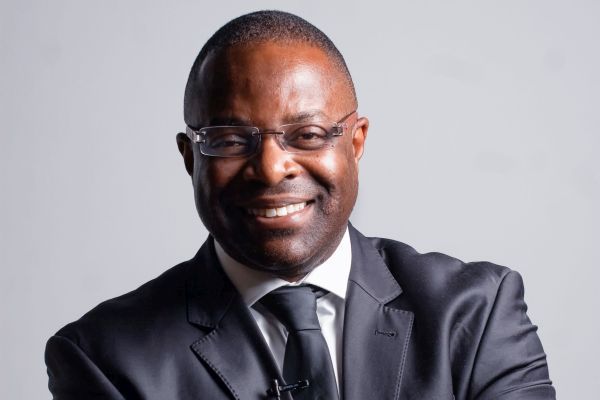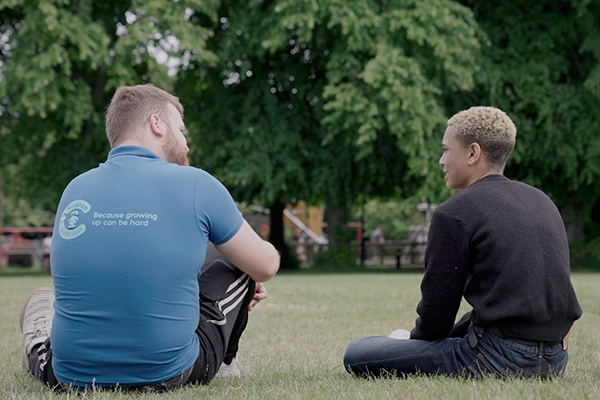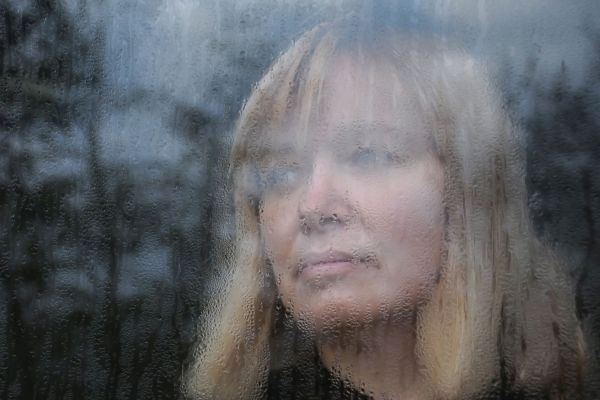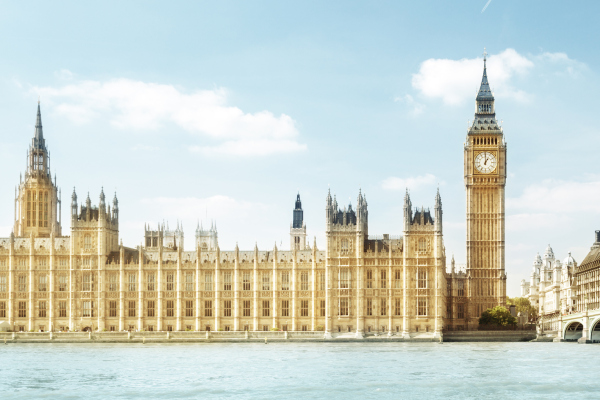The racist murder of George Floyd and the experiences of COVID-19 brought into focus the painful and longstanding inequalities facing Black, Asian, and ethnically diverse communities.
They highlighted the systemic racism that prevents so many people from marginalised and racialised community backgrounds from accessing appropriate mental health support.
Our new policy paper Race for the soul of the profession examines these issues in greater depth and proposes a range of actions for us and Governments across the UK.
The eight actions recommended are to help remove barriers that prevent people entering and progressing within the counselling professions or which stop people from racialised communities accessing therapy.
Important analysis
The paper, led by our President David Weaver, was launched at a keynote panel at the BACP Research Conference in Dundee, which this year focusses on equality, diversity and inclusion in research, practice and policy.
David said: “I am proud to have led on the development of this important analysis of racial inequalities and the counselling professions. It is my sincere hope that this will promote awareness and contribute to a legacy of meaningful dialogue and collective action to address the systemic racism, which prevents so many people and entire communities from fulfilling their potential.
“The publication of this policy paper outlines an important statement by BACP, which provides a renewed focus on working with impacted communities, as well as highlighting the need for radical action within the UK Government. In doing so, we hope this contributes to addressing the deep-seated and longstanding racial inequalities inherent within our mental health system, including within the counselling professions”.

David Weaver
“Ultimately we need to position counselling as a positive, responsive, and sensitive intervention that respects and strengthens individual identity and improves emotional wellbeing.
“This is a fight for the very soul of the counselling professions. Inequalities are a serious driver of mental ill-health, and existing barriers prevent many Black, Asian and ethnic minority people experiencing the many life-changing benefits that counselling can deliver.”
Research evidence cited in the paper shows that members of minority communities with mental health problems are currently less likely to access therapy, less likely to have good outcomes and more likely to report negative experiences in therapy, compared to white people.
The paper argues that without taking significant action now, longstanding mental health inequalities will continue to widen, and the human and financial cost of failure to address them will continue to grow.
Be more responsive
It calls on the counselling professions to be more responsive to the trauma felt by so many people and communities who continue to face longstanding racial inequality and, as a result, are not given the support they need and deserve.
We’ll use this paper to inform our public affairs and policy activity and to engage with Governments and commissioners across the four nations.
Our own recommended actions within the paper re-emphasise some of the actions within our EDI strategy.
Read Race for the soul of the profession (pdf 0.2MB)
David gave a keynote speech titled What is racism? at the Anti-Racist Praxis conference in Hackney on 9 May. He’ll also chair the Black Identities and White Therapies conference, being held by Online Events, on Saturday 16 July.

New projects focus on improving access to counselling
We're funding schemes to improve access for people from marginalised and racialised community backgrounds

Campaign success as COVID-19 inquiry to look at mental health impact of pandemic
We wrote to Baroness Hallett, along with other organisations, to ask for mental health to be included in the inquiry’s remit

Influencing decision makers
We work with with politicians and decision makers from all four nations to help them understand the positive changes that counselling can make to people's lives.
